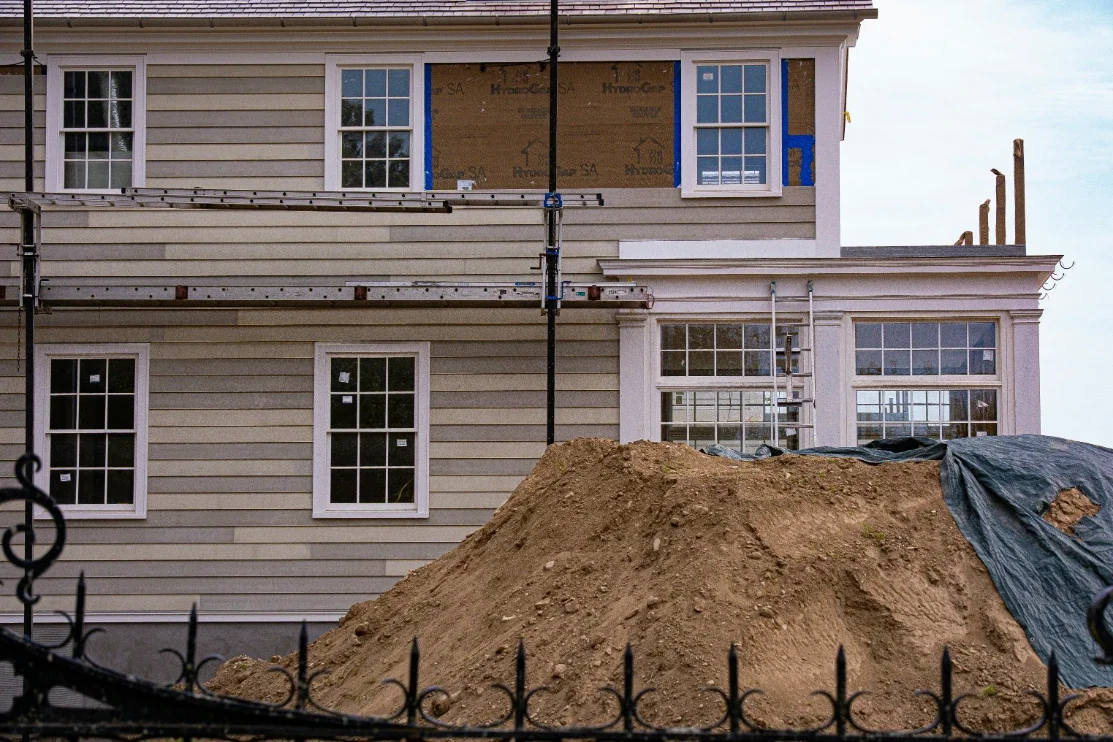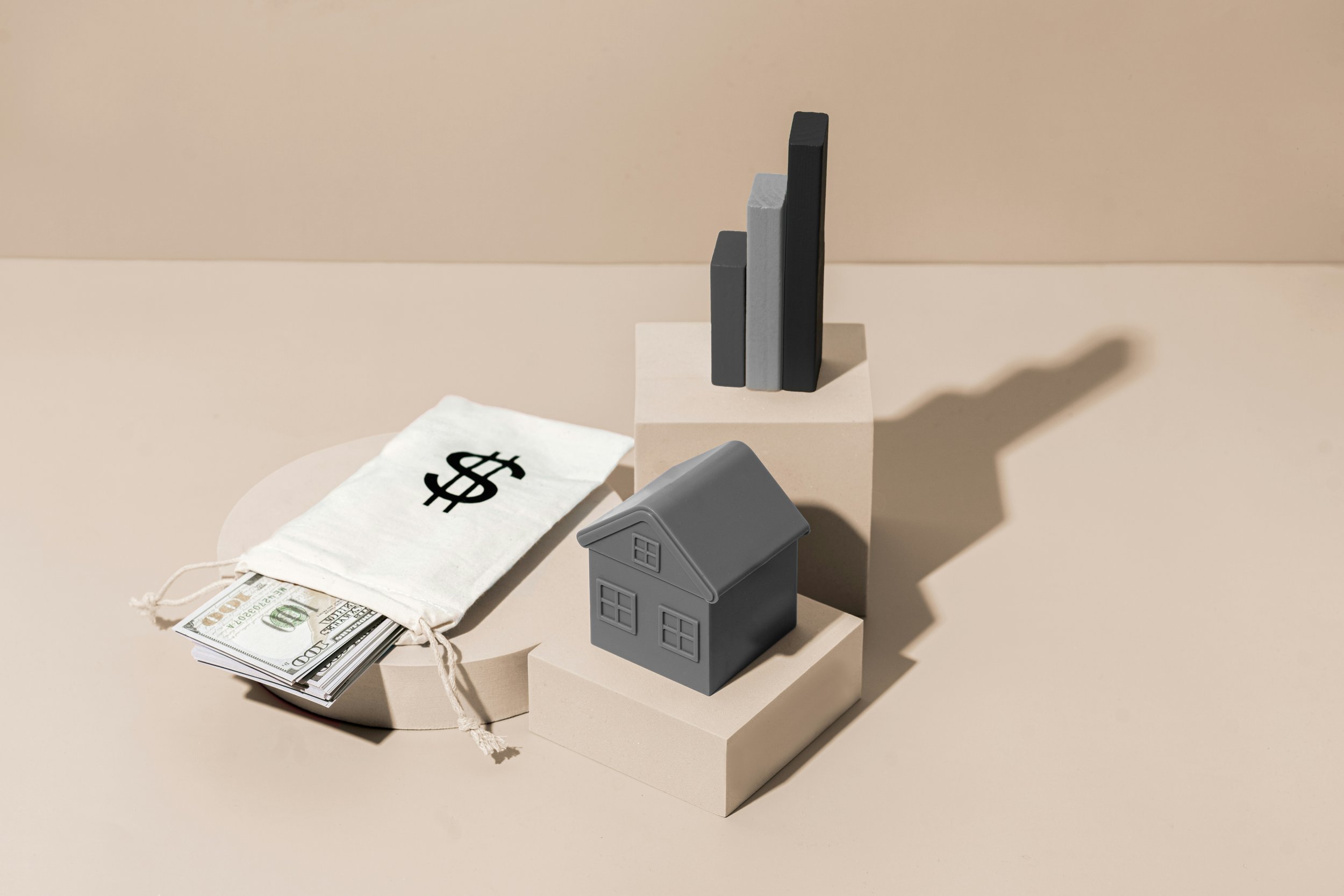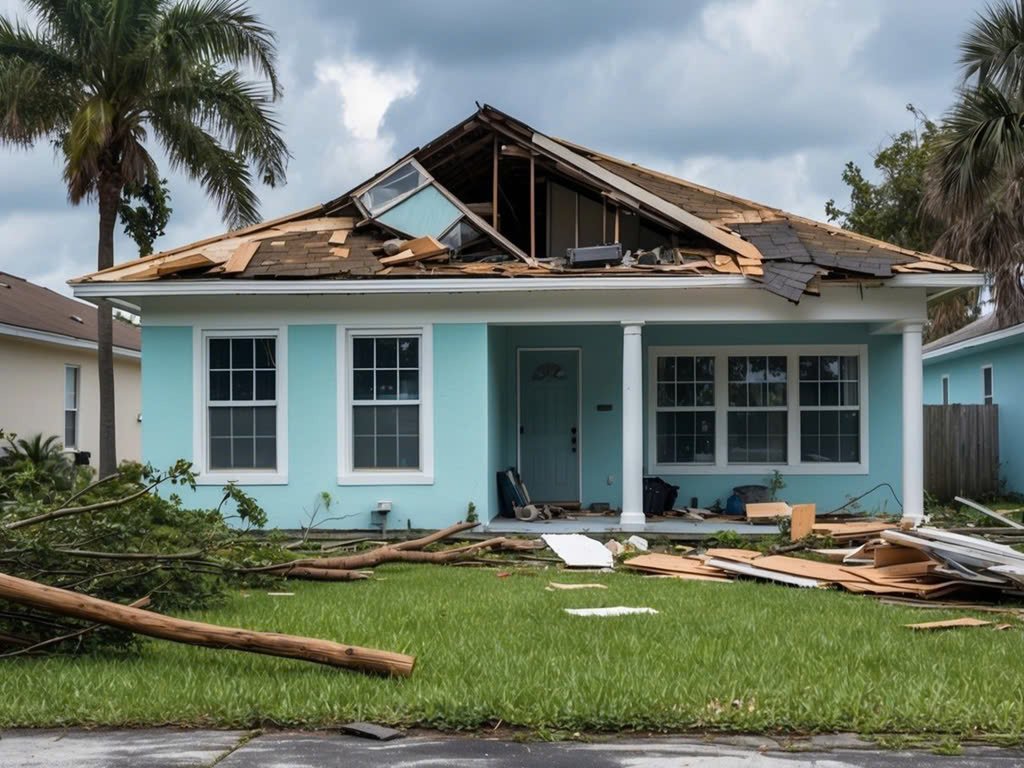Legal Weight of Expert Witness Reports in Property Disputes
Understand the legal weight of expert witness reports in property disputes and how they can shape outcomes, settlements, and court decisions effectively.
Property disputes often involve complex questions regarding ownership, valuation, and compliance with local regulations. Courts rely on various forms of evidence to make informed decisions, and among the most influential are expert witness reports. These reports provide specialized knowledge that can clarify technical details beyond the common understanding of judges and juries. From assessing structural integrity to determining market value, expert opinions carry significant weight when properly prepared and presented. Understanding how these reports influence legal outcomes is critical for property owners, attorneys, and anyone involved in real estate litigation.
Understanding Expert Witness Reports
Expert witness reports are formal, structured documents prepared by professionals who possess specialized knowledge or technical expertise directly relevant to the dispute at hand. In property cases, such experts often include appraisers, surveyors, architects, engineers, or environmental consultants, each bringing a unique perspective based on their professional training. As experts at Awesim explain, these reports carefully outline the expert’s qualifications, the methodology used to gather and analyze data, the detailed findings, and the conclusions. Their primary purpose is to provide the court with objective, well-researched, and evidence-based information that can either support or challenge claims presented by the parties. Courts tend to give significant weight to reports that are thoroughly documented, methodologically sound, and consistent with recognized industry standards, as these qualities enhance the credibility and persuasive value of the expert’s opinion.
Role in Establishing Property Value
One of the most common uses of expert witness reports in property disputes is to determine the value of real estate. Accurate valuation is critical in cases such as boundary disagreements, inheritance disputes, or divorce settlements involving shared property. Expert appraisers analyze comparable sales, market trends, and property conditions to provide a professional opinion on worth. Judges often rely heavily on these valuations, particularly when both parties present conflicting figures. A detailed, methodical report that explains the rationale behind the valuation can significantly shape the court’s assessment and affect the financial outcome of the dispute.
Assessing Structural and Technical Issues
Beyond financial valuation, expert reports are indispensable for assessing structural and technical aspects of property. Engineers or architects may evaluate building safety, structural integrity, or compliance with zoning and construction codes. For example, if a dispute arises over alleged construction defects, an expert report can provide evidence regarding whether the issues fall within normal wear and tear or constitute a breach of duty. Such reports help courts determine liability and can prevent decisions based solely on subjective impressions. The technical rigor and objectivity of these assessments often determine their persuasive power in litigation.
Influence on Legal Strategy
The presence of a credible expert report can shape the legal strategy of a case. Attorneys often use these reports to strengthen arguments, anticipate opposing claims, or negotiate settlements before reaching trial. A well-prepared report may encourage opposing parties to seek compromise rather than pursue costly litigation, particularly if the findings clearly favor one side. A weak or poorly documented report can undermine a party’s position and diminish the likelihood of success. Expert reports serve as evidence and as strategic tools that guide decision-making throughout the legal process.
Credibility and Admissibility
The legal weight of an expert witness report depends heavily on its credibility and admissibility in court. Courts apply rigorous standards to determine whether a report meets the criteria for expert evidence. Factors such as the expert’s qualifications, the soundness of the methodology, and the clarity of the conclusions are scrutinized. Reports must avoid bias, unsupported assertions, or methodological flaws. If a report fails these standards, it may be excluded entirely or receive little consideration. Ensuring that reports are comprehensive, transparent, and grounded in established principles is important for influencing the outcome of property disputes.
Impact on Judicial Decision-Making
Expert witness reports often have a direct impact on judicial decision-making in property disputes. Judges may rely on these reports to interpret complex information, weigh competing claims, and arrive at equitable resolutions. While courts are not bound to accept an expert’s conclusions uncritically, reports that are coherent, detailed, and supported by evidence can strongly guide rulings. The report may determine the allocation of damages, responsibilities for repairs, or property division. The influence of a well-prepared expert report underscores the importance of selecting qualified experts and ensuring that their analyses are presented effectively.
Expert witness reports are central to resolving property disputes, providing courts with objective and specialized insights that clarify technical and financial issues. Their preparation, credibility, and presentation determine the degree to which they shape legal outcomes. Property owners, attorneys, and professionals involved in litigation should recognize the strategic and evidentiary importance of these reports. By understanding their legal weight, stakeholders can better navigate complex disputes, strengthen their positions, and support fair and informed judicial decisions.














![7 Charming Waterfront Towns Perfect for a Coastal Escape [2025 Edition]](https://images.squarespace-cdn.com/content/v1/63dde481bbabc6724d988548/61c7904e-773d-480c-b6e5-a083cab18445/pexels-axp-photography-500641970-30417132.jpg)








